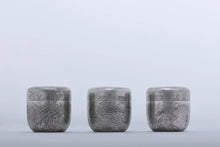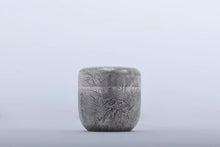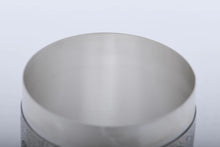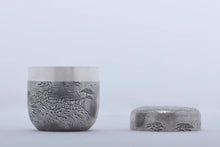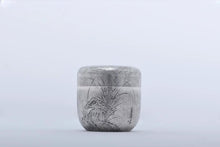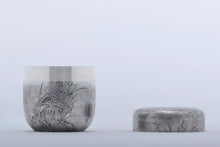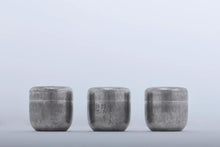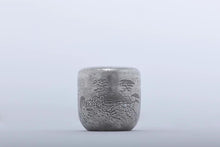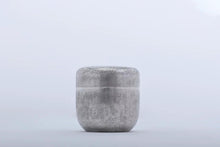
China is an ancient civilization, the birthplace of tea, and tea making and drinking has a long history. With the development of modern economy and the improvement of living standards, drinking tea is a symbol of health and taste. In ancient times, tea pots used earthenware containers to hold tea leaves. Rich families and dignitaries usually used gold and silver containers to hold tea leaves. Among all metals, silver has the strongest bactericidal properties. It has been discovered and applied by humans, and is widely used in daily life, especially as a dining utensil for princes and nobles.
Today we are launching: three sterling silver hand-made tea tins, weighing 133 grams, with a capacity of 100 milliliters, made by a century-old pot-making family called "Hongji Treasures", Yunnan Heqing's "Hongji Treasures", which began in the Guangxu period of the Qing Dynasty , has been passed down for five generations, and still insists on using traditional craftsmanship! ! !
The body of the tea pot should not be too large. Because tea is not suitable for long-term storage, people usually choose tin cans and iron cans to store tea, and feel that as long as the seal is good and there is no peculiar smell, they are satisfied. As everyone knows, tea cans made of sterling silver are the king of the cans. Sterling silver tea cans are especially suitable for the storage of aged Pu'er, high-grade Pu'er, black tea, etc. In addition to storing tea in a more airtight manner, sterling silver tea cans can also make tea more fragrant and improve the overall quality of tea, because silver can kill 650 kinds of microorganisms: bacteria, viruses, fungi; but harmless to normal human cells; as a natural antibacterial agent from soil, silver has a wide range of effects and can be regarded as the second immune barrier outside the human body's innate immune system; According to scientific research, more than 99% of harmful bacteria are single cell bodies, and single cell bacteria must rely on the oxidation of oxygen metabolism enzymes for respiration. Silver reacts with sulfhydryl groups in bacterial protease, and the protease quickly loses its activity, resulting in the inability of bacteria to metabolize energy and thus be killed.









